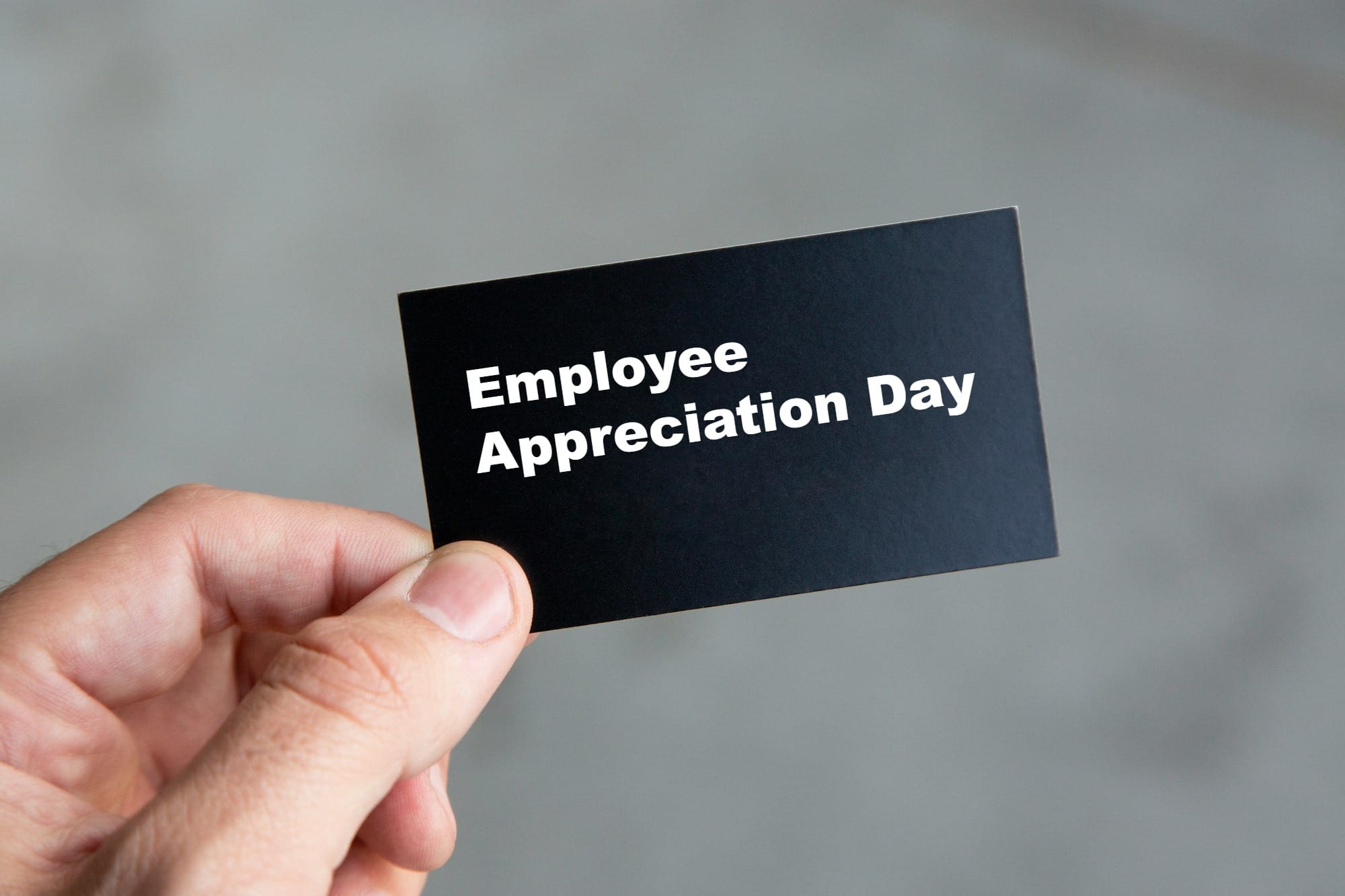The EEOC has been busy lately, taking on some of the biggest names in corporate America over alleged discrimination and workplace misconduct. If you’re an HR leader or a business owner, these lawsuits should be a wake-up call: compliance isn’t optional, and ignoring workplace issues can cost you—big time.
GM and UAW: Age Discrimination Under Fire
General Motors (GM) and the United Auto Workers (UAW) are facing an EEOC lawsuit over their short-term disability benefits policy. The agency claims the policy unfairly penalized older workers by limiting their benefits if they were already receiving Social Security. This kind of policy can seem like a minor HR oversight, but in reality, it violates the Age Discrimination in Employment Act (ADEA). Bottom line? If your benefits policies treat employees differently based on age, you could be next.
FCA US LLC: Sexual Harassment Claims in Detroit
FCA US LLC (formerly Chrysler) is in hot water after female employees at its Detroit Assembly Complex reported severe sexual harassment. The lawsuit claims women endured inappropriate touching and explicit comments from male supervisors and coworkers. Worse, the company allegedly did nothing about it despite multiple complaints. This is a textbook example of what happens when leadership ignores toxic workplace behavior—eventually, the EEOC steps in.
United Airlines: Racial Harassment Leads to Settlement
United Airlines just agreed to pay $99,000 to settle a discrimination case involving an Asian American employee. The EEOC said he was repeatedly harassed with racial slurs, and management failed to stop it. For a company as large as United, this isn’t just bad press—it’s an expensive lesson in what happens when you let discrimination slide.
Mile Hi Companies: Hiring Bias Exposed
Denver-based food distributor Mile Hi Companies is being sued for allegedly instructing managers not to hire Black, female, or Afghan applicants. If true, this is about as blatant as hiring discrimination gets. Title VII of the Civil Rights Act prohibits this kind of thing, and it’s shocking that companies still think they can get away with it in 2024.
What Employers Should Take Away From This
These lawsuits aren’t just legal battles—they’re warnings. If you’re in a leadership or HR role, now is the time to make sure your policies are airtight. Here’s what you need to do:
- Audit Your Policies: Ensure there’s nothing in your benefits, hiring, or employee relations policies that could be discriminatory—even unintentionally.
- Train Your Leaders: If your managers don’t know the law, they’re a liability. Invest in real training, not just a check-the-box online course.
- Take Complaints Seriously: The companies above didn’t land in trouble because an issue happened; they got sued because they didn’t fix it.
Workplace discrimination lawsuits aren’t going away. The companies that stay ahead will be the ones that take compliance seriously, build a real culture of respect, and don’t wait until the EEOC is knocking on their door to make changes.






Related Posts
Get Noticed and Recognized at Work (Without Feeling Fake)
Mar 07, 2025
The Real Way to Appreciate Employees (Without Breaking the Bank)
Mar 07, 2025
Unlocking Peak Performance: Motivating Employees Without a Pay Raise
Mar 05, 2025